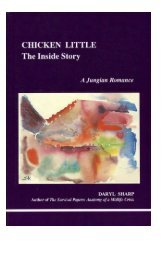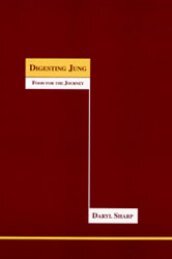Personality types: Jung's model of typology - Inner City Books
Personality types: Jung's model of typology - Inner City Books
Personality types: Jung's model of typology - Inner City Books
- No tags were found...
Create successful ePaper yourself
Turn your PDF publications into a flip-book with our unique Google optimized e-Paper software.
Introduction to Jungian Typology 25and strong emotional reactions <strong>of</strong> any kind—from falling inlove to blind rage—are a sure sign that the inferior function,along with one or more complexes, has been activated. Thisnaturally gives rise to a multitude <strong>of</strong> relationship problems.In therapy, when it becomes desirable or necessary to developthe inferior function, this can only happen gradually,and by first going through one <strong>of</strong> the auxiliary functions. AsJung comments:I have frequently observed how an analyst, confronted with aterrific thinking type, for instance, will do his utmost to developthe feeling function directly out <strong>of</strong> the uncon-scious.Such an attempt is foredoomed to failure, because it involvestoo great a violation <strong>of</strong> the conscious standpoint. Should theviolation nevertheless be successful, a really compulsive dependence<strong>of</strong> the patient on the analyst ensues, a transferencethat can only be brutally terminated, because, having been leftwithout a standpoint, the patient has made his standpoint theanalyst. . . . In order to cushion the impact <strong>of</strong> the unconscious,an irrational type needs a stronger development <strong>of</strong> the rationalauxiliary function present in consciousness [and vice versa]. 19The Two Attitude TypesAccording to Jung, his initial motivation for investigating <strong>typology</strong>was his need to understand why Freud's view <strong>of</strong> neurosiswas so different from that <strong>of</strong> Adler.Freud saw his patients as being preeminently dependentupon, and defining themselves in relation to, significant objects,particularly the parents. Adler's emphasis was on how aperson, or subject, seeks his own security and supremacy. Theone supposes that human behavior is conditioned by the ob-19 Psychological Types, CW 6, par. 670.










